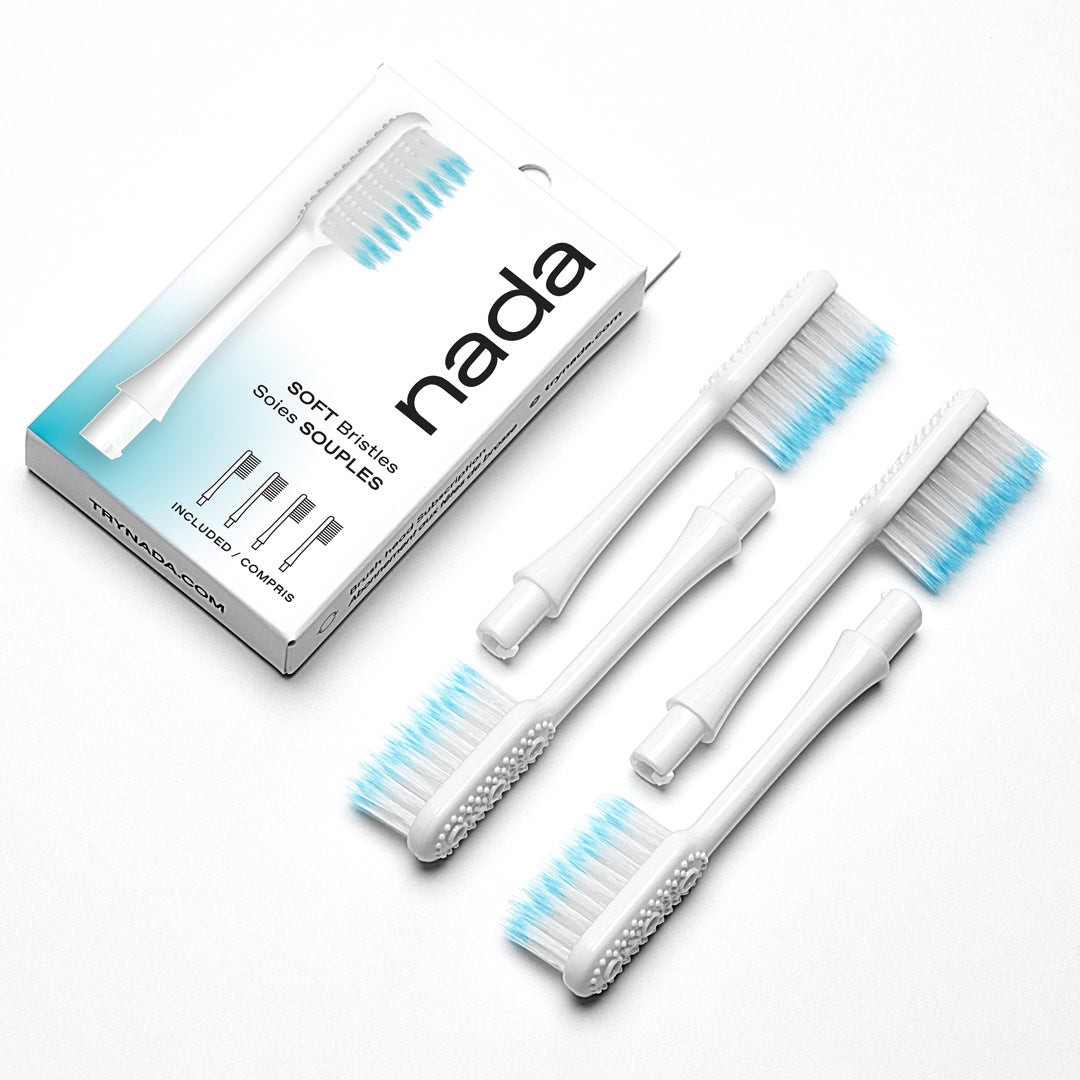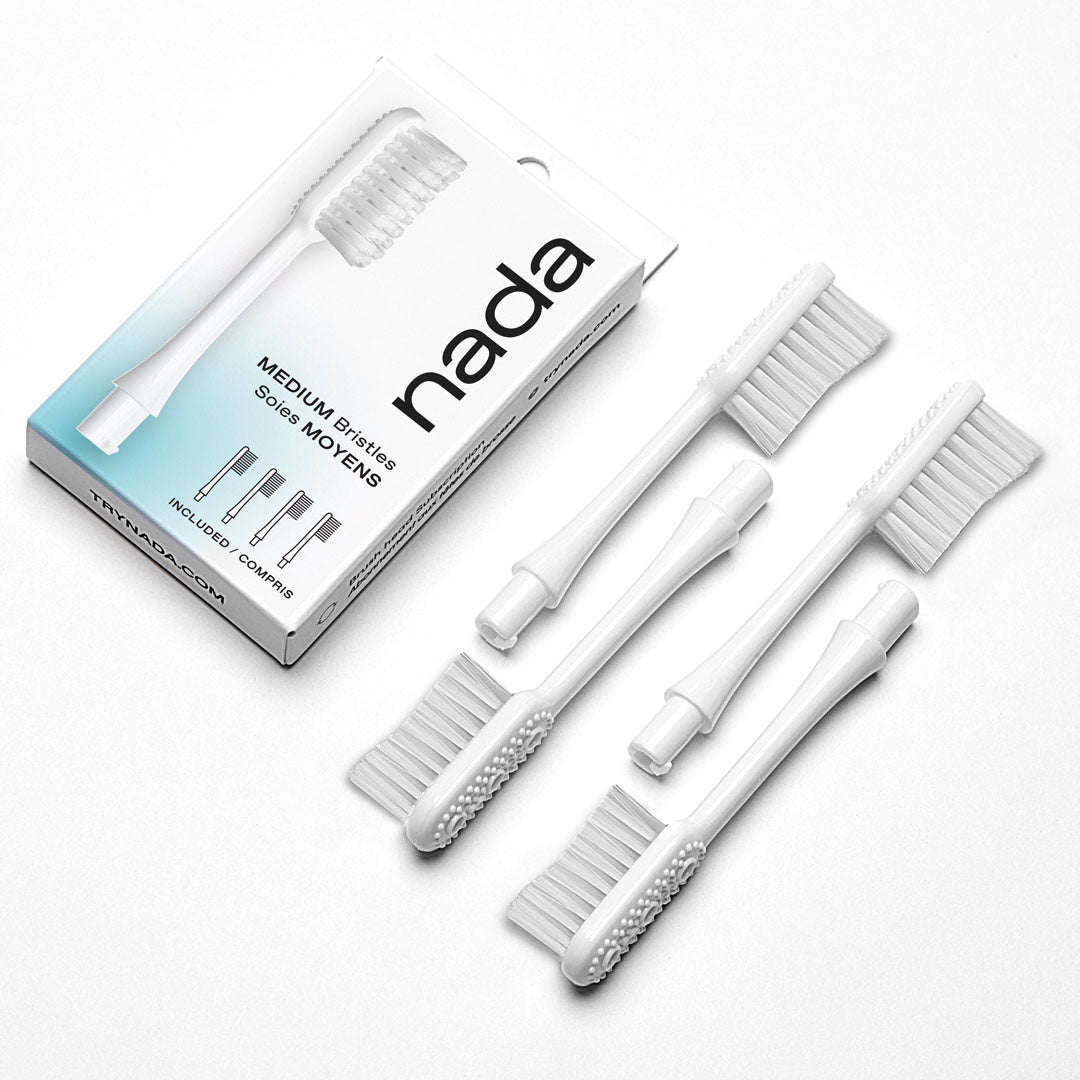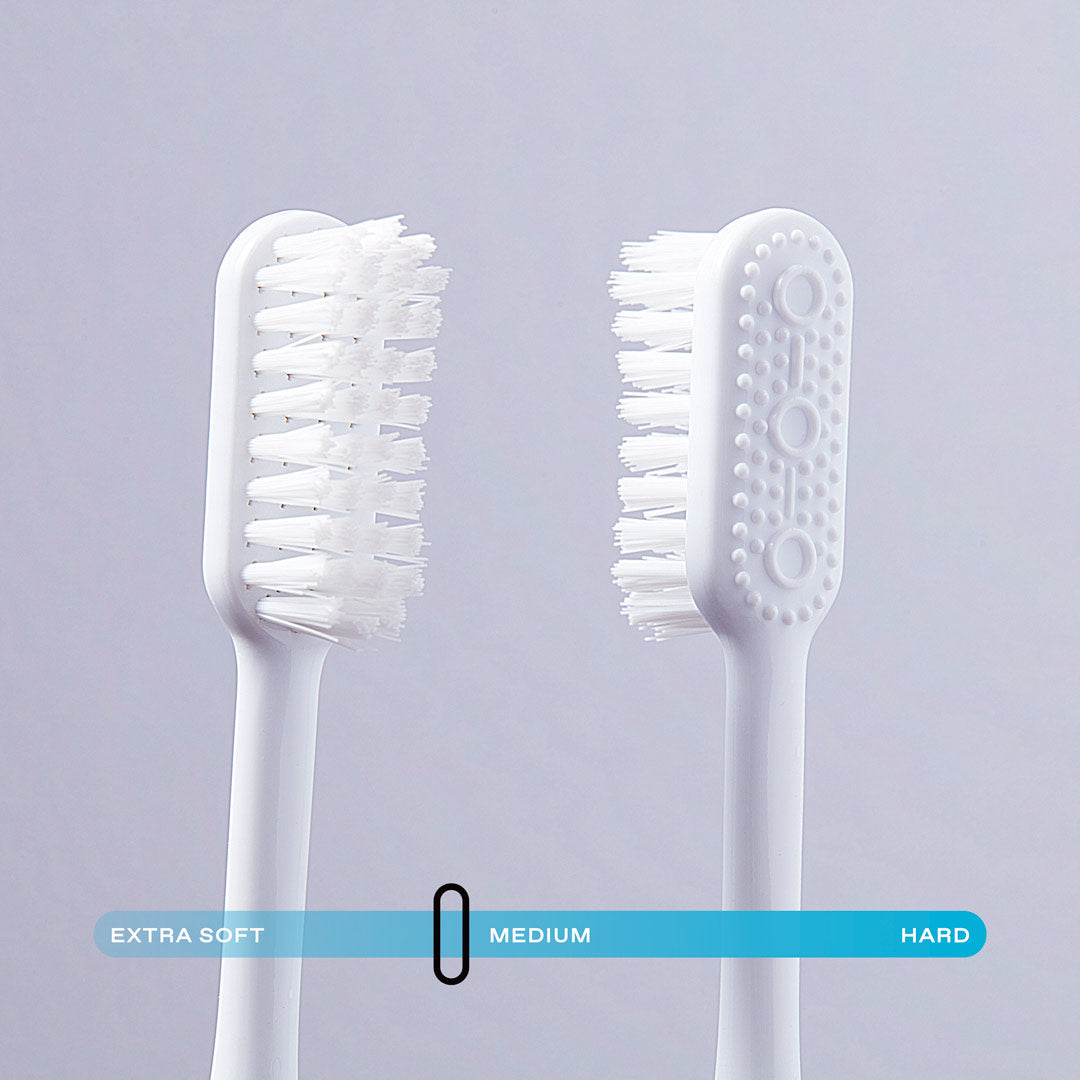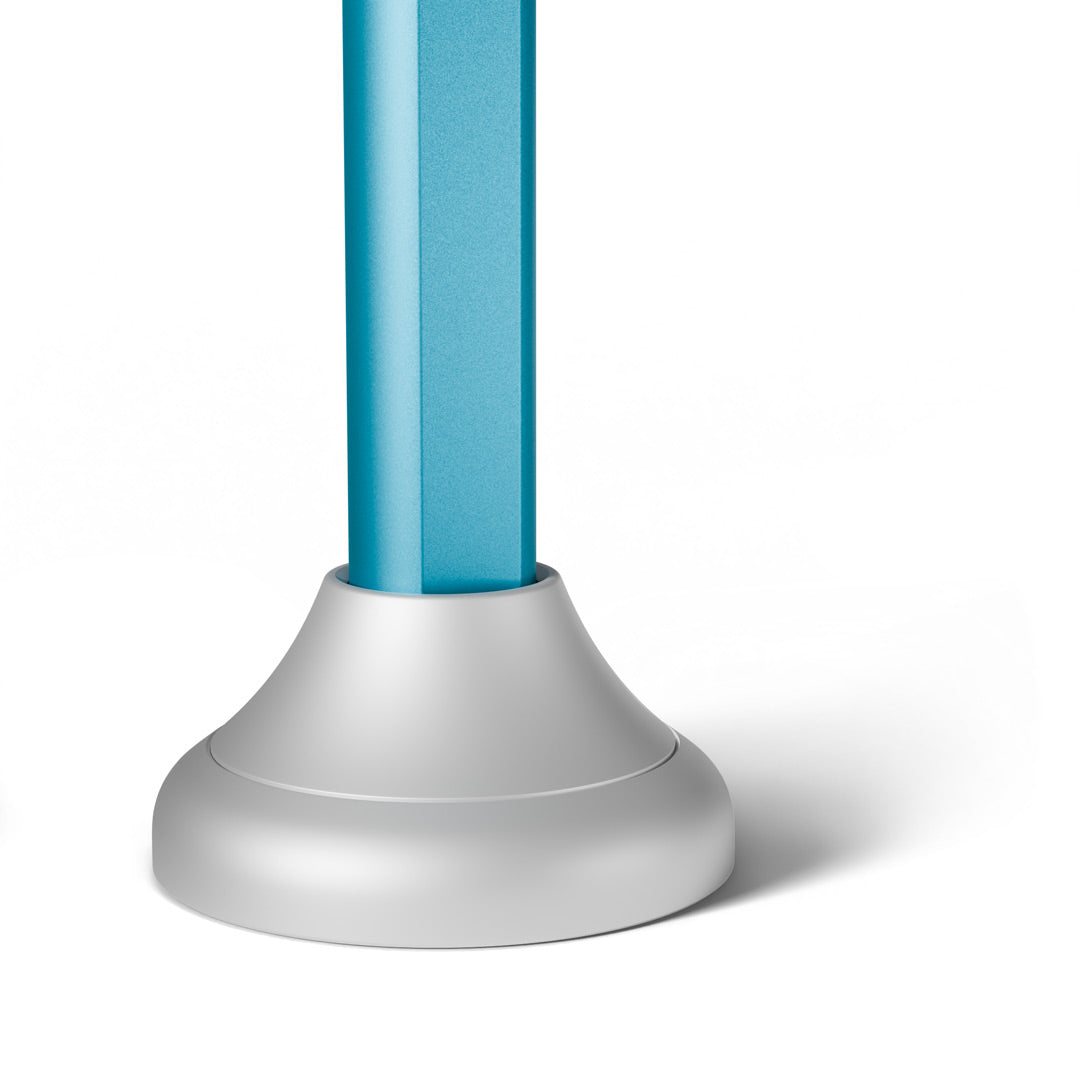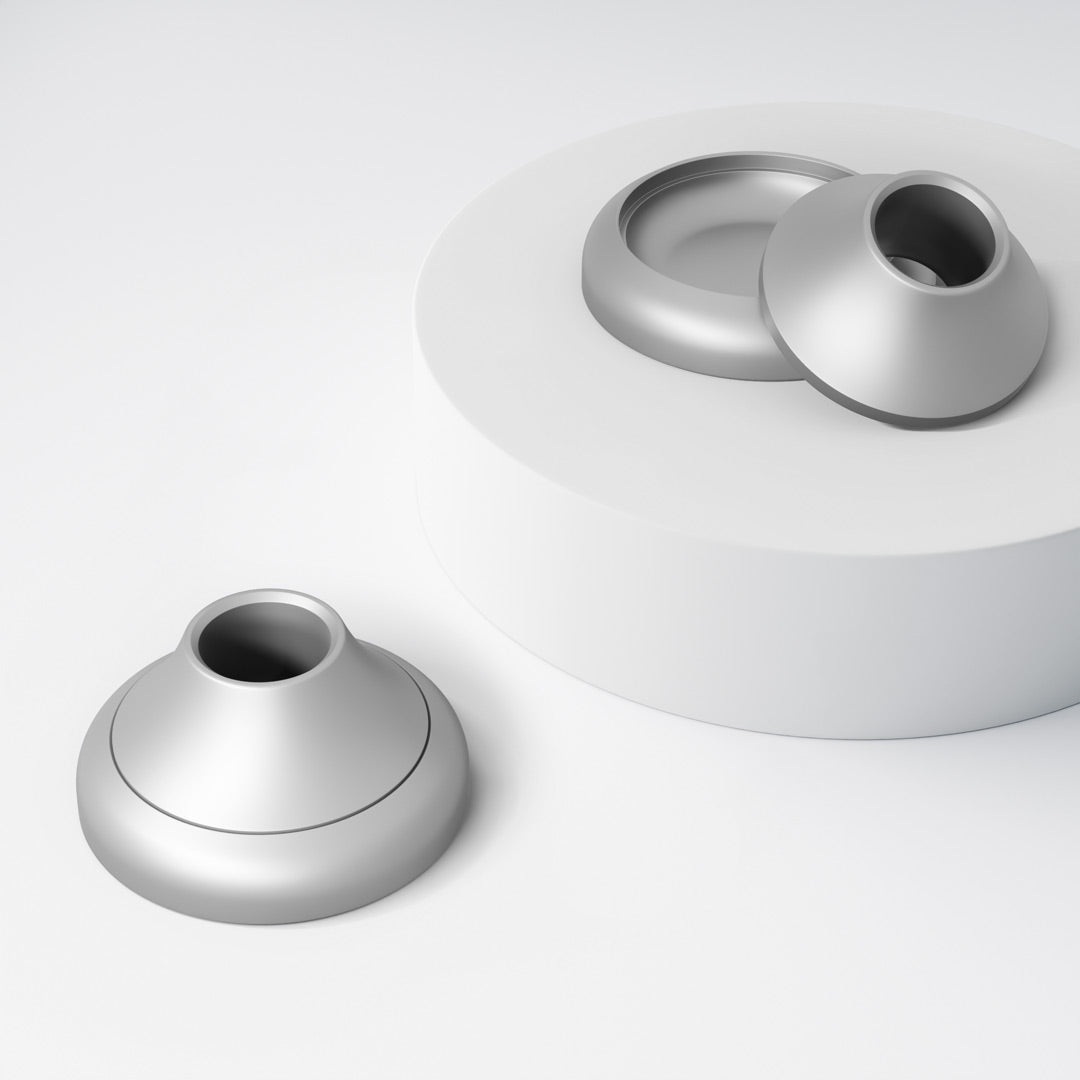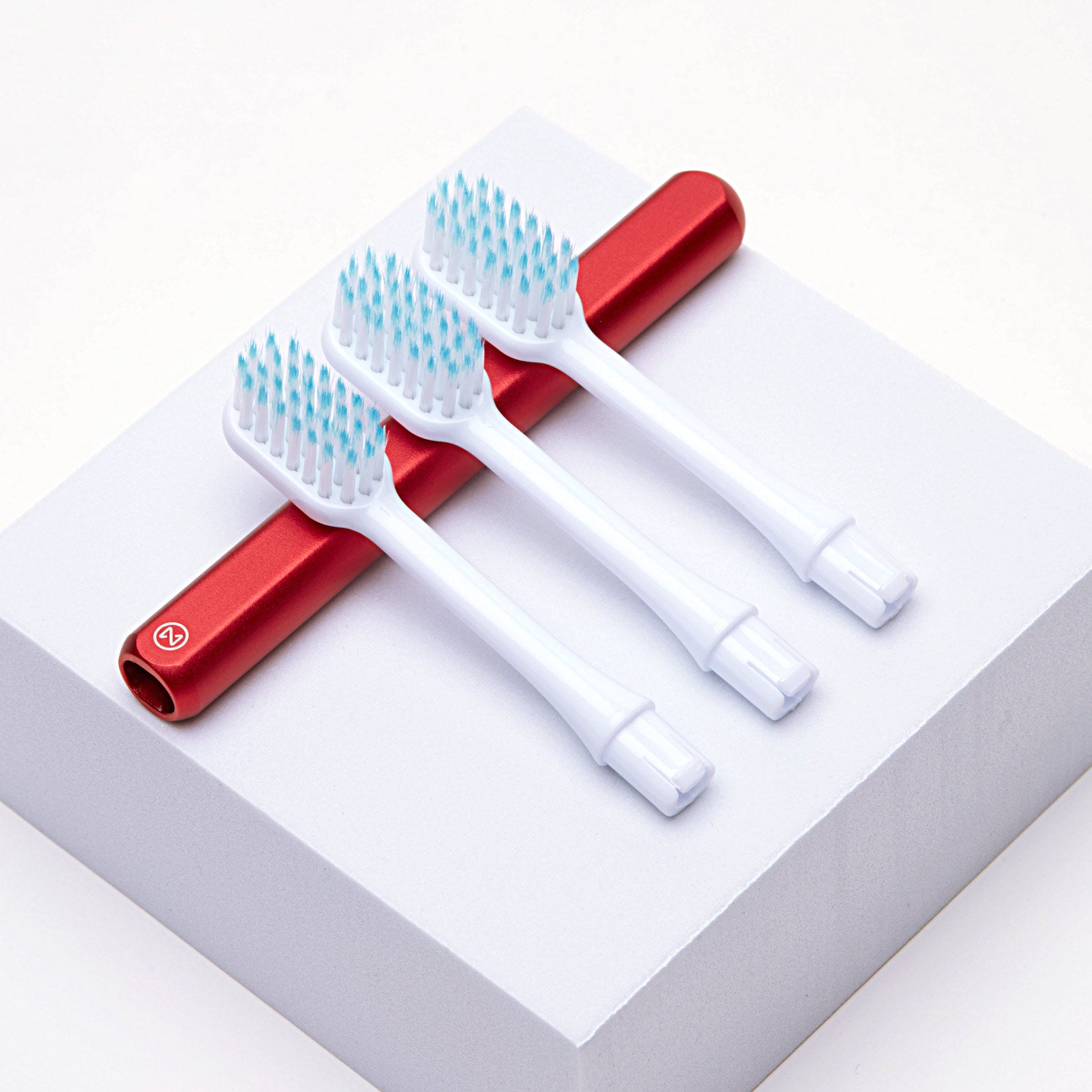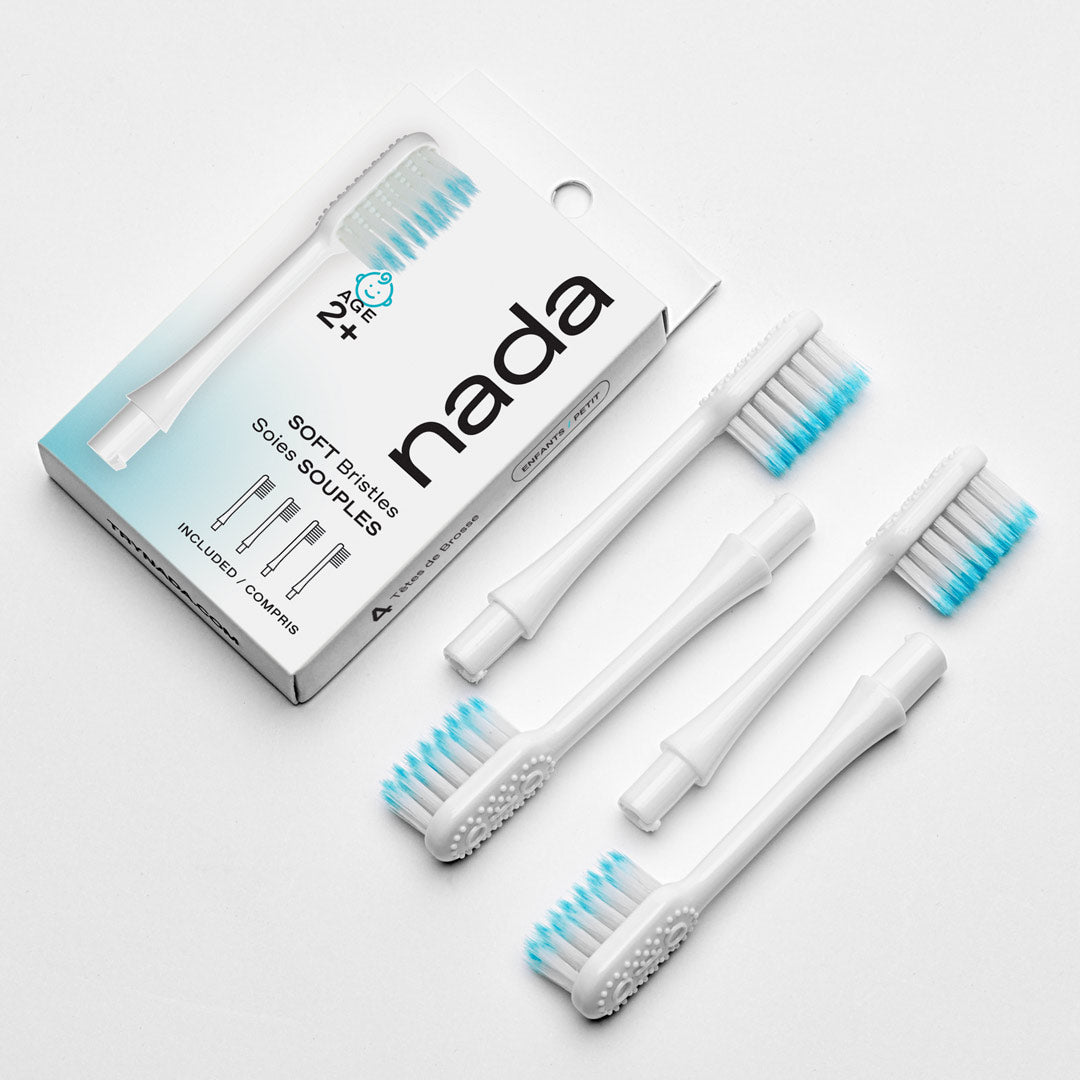The Most Sustainable Toothbrush
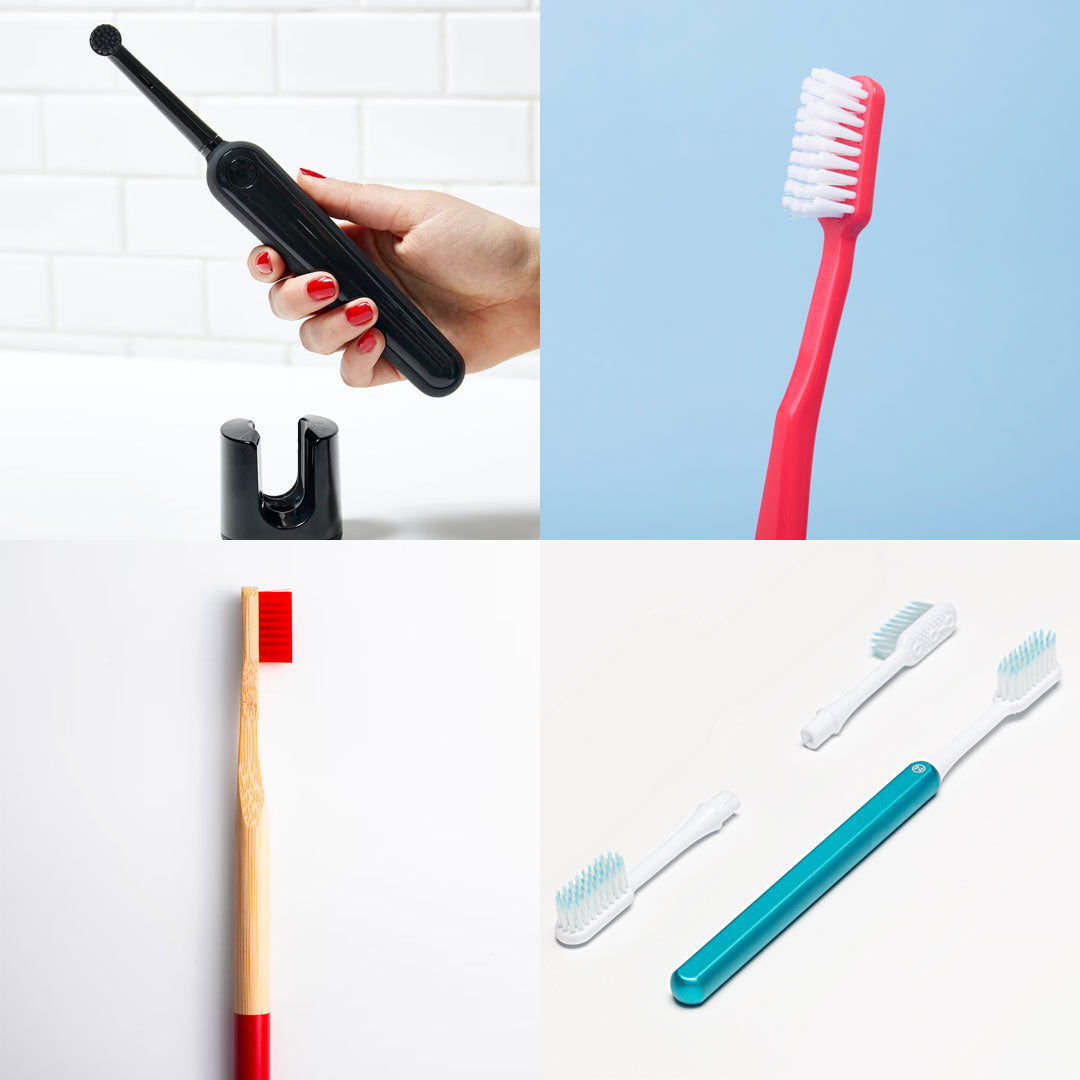
The first ever scientific study to quantify the environmental impact of toothbrushes was published in the British Dental Journal in 2020.
Read on for our summary, or click below to see the complete study.
Who Conducted the Study
Researchers at Trinity College Dublin, in collaboration with Eastman Dental Institute at University College London, performed a life-cycle assessment (LCA) study on the sustainability of toothbrushes.
Their goal was to ascertain which kind of toothbrush is best for the planet and human health.
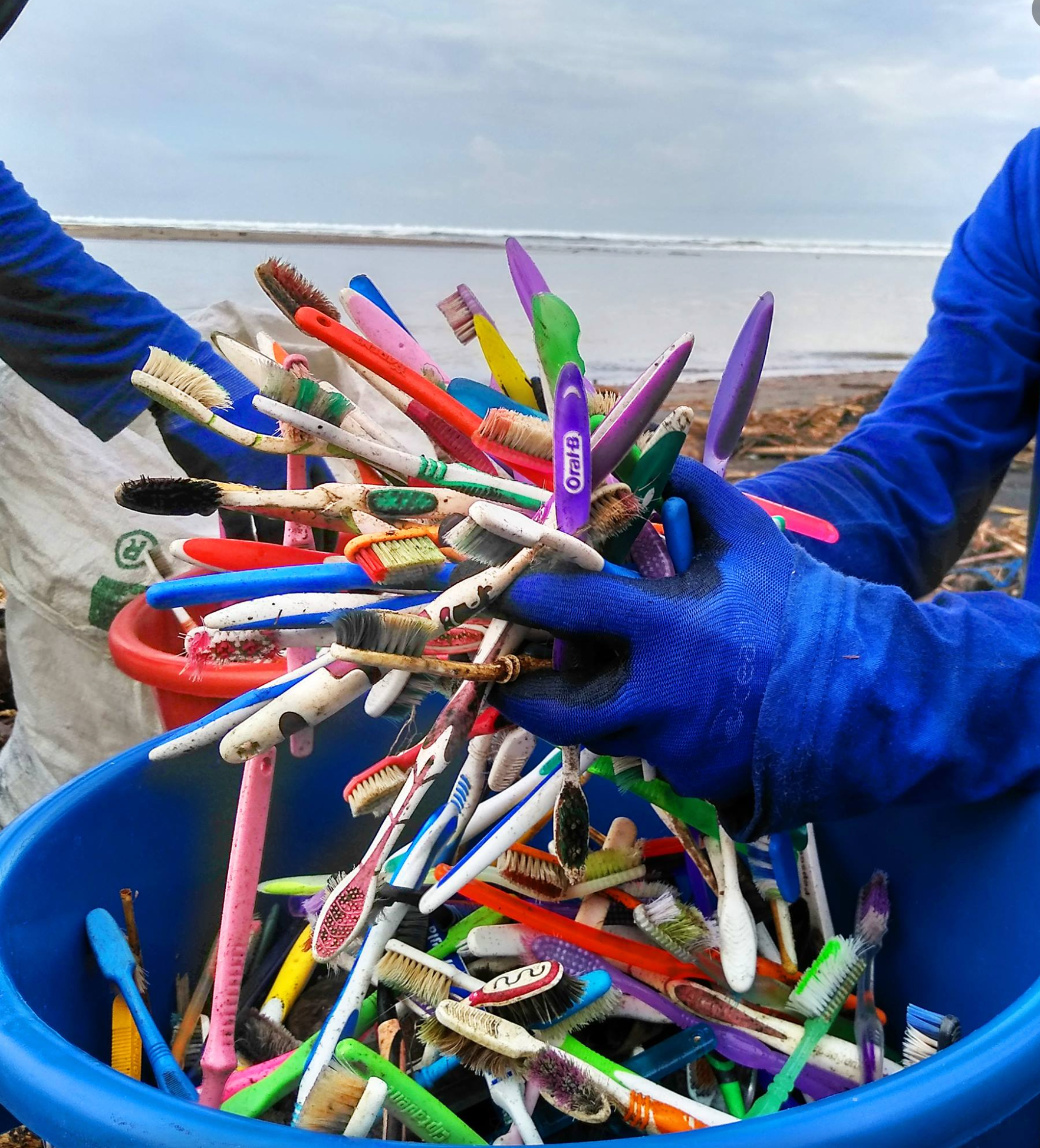
Which Toothbrushes were Compared?
Researchers considered different manufacturing models and measured the environmental impact (carbon footprint) and human health impact (Disability-Adjusted Life years or DALYS) of the following toothbrushes:
- Plastic manual: plastic handle with fixed head
- Bamboo manual: bamboo handle with fixed head
- Plastic manual with replaceable head: reusable plastic handle (made from a bio plastic) with replaceable heads
- Electric: handle and charging unit, with replaceable heads
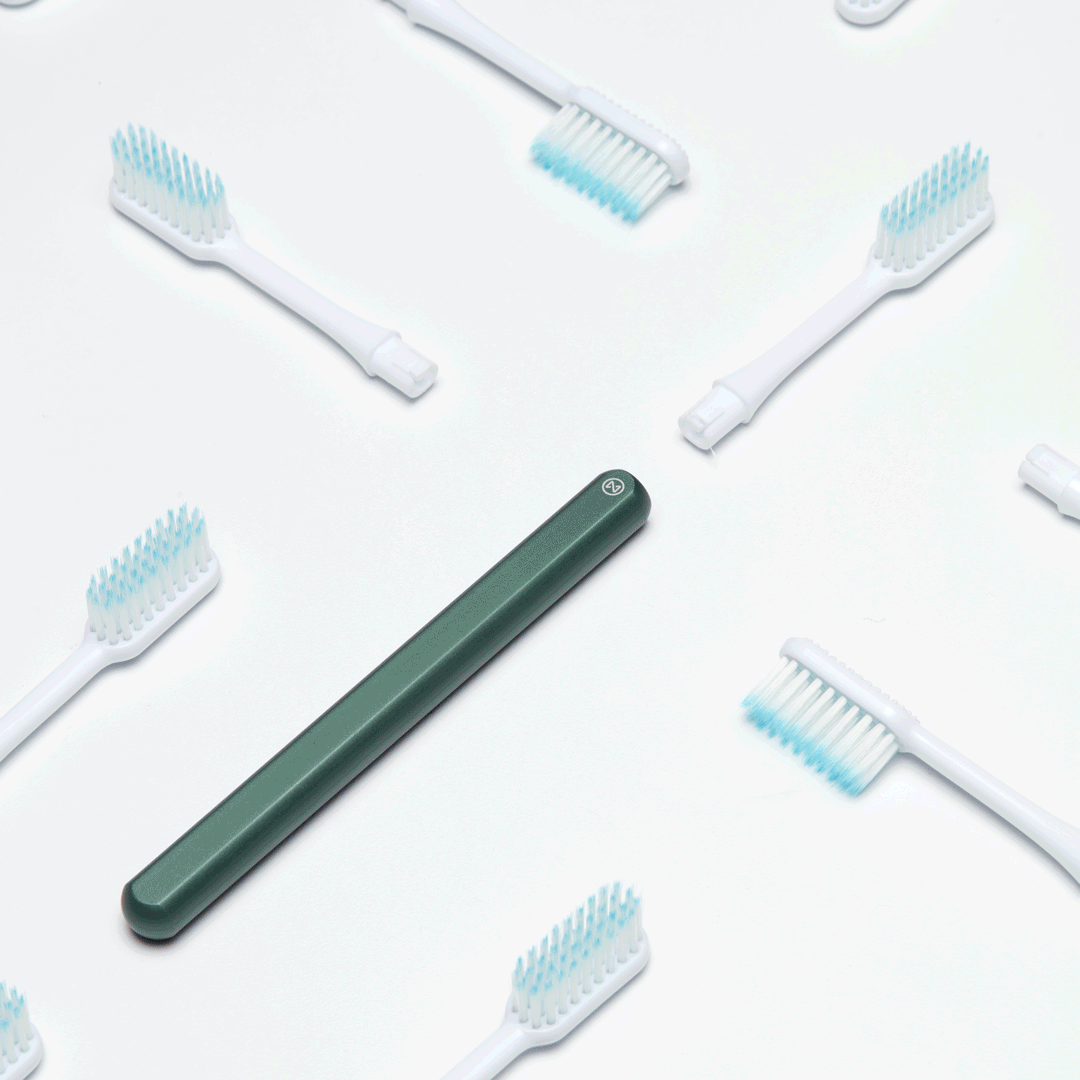
The most sustainable toothbrush is…
This might come as a surprise to some, but bamboo toothbrushes are not the most sustainable mainly due to the land and water requirements needed to grow bamboo.
The best toothbrush is a toothbrush that uses plastic which is recycled in a continuous process.

